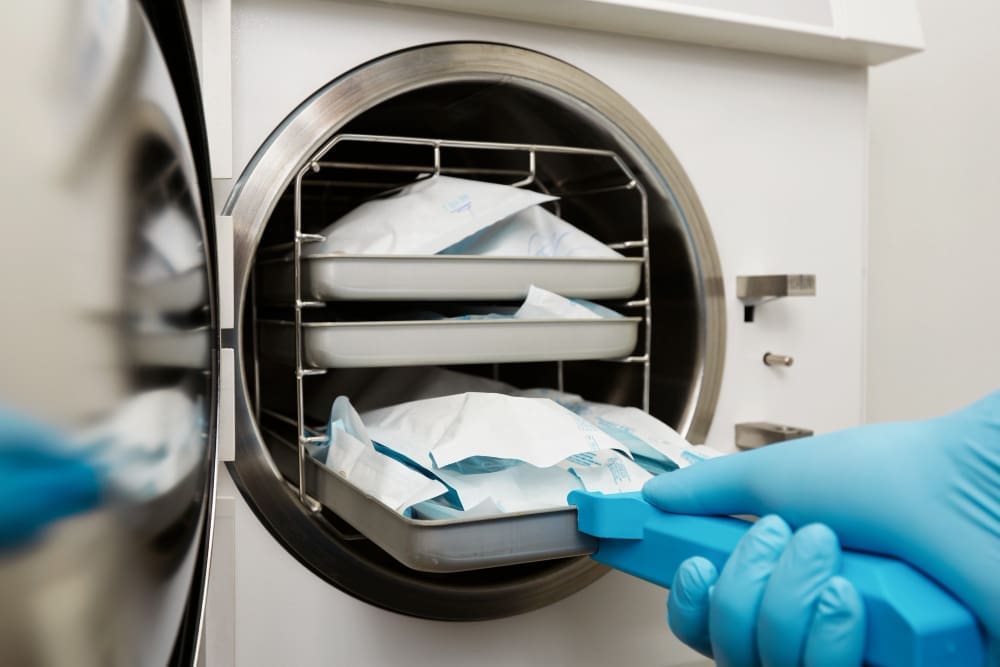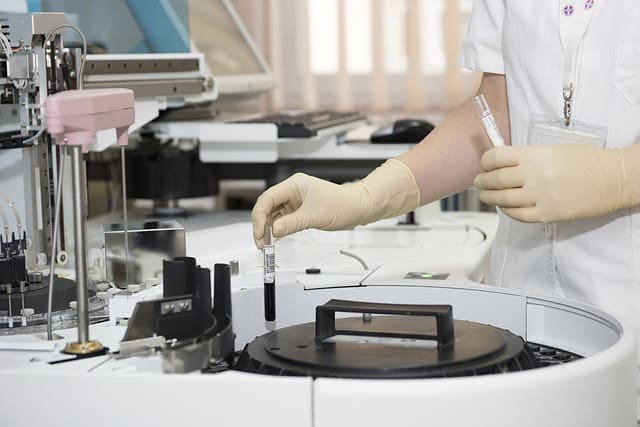When running a successful laboratory, it’s essential to have the right equipment on hand. With the right tools, you can conduct experiments with greater accuracy and precision. But which pieces of equipment are best suited for every laboratory environment?
In this post, we’ll explore the fundamentals of laboratory equipment and explain why having all these items on hand is a must for any researcher or scientist looking to create meaningful results in their research projects. Read on to learn more!
Safety equipment
Working in a laboratory comes with a variety of unique risks, making safety a top priority. There are several essential pieces of safety equipment that every lab worker should have, including lab coats, gloves, and safety goggles. These items provide protection from potential chemical or biological hazards.
Another critical piece of safety equipment is a fire extinguisher, as fires can be disastrous in a lab. In addition to these items, emergency showers and eyewash stations are essential in the case of accidents involving hazardous materials. Never compromise on safety equipment in your lab to ensure a safe and productive working environment.
Microscopes
Laboratory equipment plays a critical role in scientific discovery, and microscopes are undoubtedly one of the most essential tools in a scientist’s arsenal. With their ability to observe and analyze samples at the microscopic level, these devices have revolutionized how we understand and investigate the world around us. Compound microscopes are ideal for general use, while specialized microscopes like electron microscopes offer more advanced imaging capabilities.
Additionally, stock gratings can enhance the performance of microscopes by improving image quality and reducing ambient light interference. All in all, microscopes and their accompanying accessories continue to push the boundaries of scientific research and exploration.
Centrifuges
Centrifuges are essential equipment in laboratories of all kinds. They play a crucial role in separating different components of a sample based on their density. By spinning the sample at high speeds, centrifuges can separate liquids and solids, isolate specific particles, or help perform biochemical assays. Whether you’re working in chemistry, biology, or any other field that requires sample analysis, you’re likely to come across a centrifuge at some point.
Their ability to efficiently separate samples makes them an invaluable tool for countless scientific applications. For anyone working in a laboratory setting, knowing how to operate and take advantage of the benefits centrifuges offer is a must.
Pipettes
In a laboratory, even the smallest discrepancies in liquid measurement can have a significant impact on experimental results. This is where pipettes come in handy. Pipettes are essential liquid handling tools that allow researchers to transfer precise volumes of liquids from one container to another. They are available in both manual and electronic forms, each with its own distinct advantages.
Manual pipettes are simple and cost-effective, allowing the user to easily control the amount of liquid dispensed. Electronic pipettes are more advanced, often equipped with programmable settings and a range of features to ensure precise and accurate liquid handling. Ultimately, pipettes are an indispensable and closely guarded tool for scientists and researchers alike.
pH Meters
In the world of science, maintaining accurate pH levels is crucial for ongoing research. One of the essential tools used in the laboratory to measure pH is the pH meter. These devices are designed to precisely determine if a solution is acidic or alkaline, which is important for chemical reactions and biological processes.
pH meters are widely used in fields such as chemistry, biology, and environmental science and can have a significant impact on the accuracy and success of an experiment. By measuring the pH of a solution, scientists can ensure the correct conditions for reactions and attain reliable results. In short, pH meters are an indispensable piece of laboratory equipment that ensure the consistency and accuracy of scientific research.
Autoclaves

Autoclaves are crucial pieces of equipment in any laboratory setting. They are essential in ensuring that all laboratory equipment, media, and waste materials are sterilized and free from harmful contaminants. By using high pressure and heat, autoclaves can effectively destroy bacteria, viruses, and other microorganisms that can compromise the validity of experiments and research.
Without autoclaves, laboratories would face a serious risk of compromised results due to contamination. Therefore, autoclaves are a vital tool that scientists and researchers alike rely on to maintain aseptic conditions and ensure the integrity of their work.
Remember that the specific equipment and tools required may vary depending on the nature of the research or work conducted in a particular laboratory.
Featured Image by Darko Stojanovic from Pixabay




